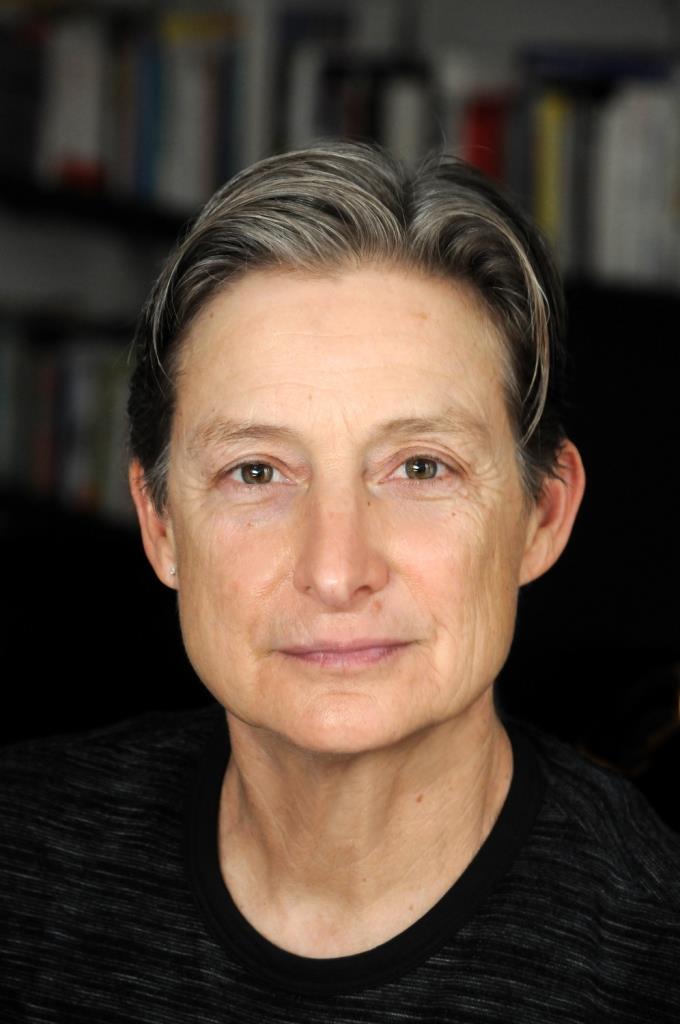
Philosopher and gender theorist Judith Butler was born in Cleveland, Ohio, in 1956. Surrounded by the Hungarian and Russian Jewish traditions of her family, Butler attended a Hebrew school and took special classes on Jewish ethics. This education was the beginning of Butler’s introduction to philosophy.
In an interview with Haaretz, and Israeli newspaper, Butler said that “I began to be interested in philosophy when I was 14, and I was in trouble in the synagogue. The rabbi said ‘You are too talkative in class…You have to come have a tutorial with me.’ I said ‘OK, great!’ I was thrilled.”
From there, Butler’s interest in philosophy skyrocketed as she delved into work on gender and feminism. She went to college at Bennington College, moving to Yale University where she received her B.A. in 1978 and Ph.D. in 1984 in Philosophy.
Following those degrees, Butler moved on to become a professor at various prestigious universities, including Wesleyan University, George Washington University and John Hopkins University. She has been a professor at University of California, Berkeley since 1993 where she teaches in both the Department of Comparative Literature and the Program of Critical Theory.
Most of Butler’s philosophical work has revolved around her theory of gender performativity, first presented in her 1990 book Gender Trouble. Her focus with this book was that gender is an improvised performance. With this book, she made great strides in the realm of feminist, women’s, gay and lesbian studies and queer theory.
As Butler explains in her Book Bodies that Matter published in 1992, “the misapprehension about gender performativity is this: that gender is a choice, or that gender is a role, or that gender is a construction that one puts on, as one puts on clothes in the morning, that there is a ‘one’ who is prior to this gender, a one who goes to the wardrobe of gender and decides with deliberation which gender it will be today.” She is trying to break down the norms and stereotypes that modern society has about gender.
Video: Judith Butler talks about what it means that gender is performative.
Butler has played a large role in human rights activism, including her positions on the board of the Center for Constitutional Rights in New York and the advisory board of Jewish Voice for Peace. In 2004, she was awarded the Brunder Prize from Yale University for “lifetime achievement in gay and lesbian studies.” She won the 2008 Andrew W. Mellon Foundation Distinguished Achievement Award for these contributions to the study of the humanities. In 2014, she received a diploma of Chevalier of the Order of Arts and Letters from the French Cultural Ministry. The American Association of Geographers made her an “honorary geographer” in 2015. Butler’s considerable list of honors and acclaimed positions goes on, including nine honorary degrees from various universities around the world.
Judith Butler continues her work on gender performativity and challenges modern philosophical thinking. In recent years, she’s written on post-9/11 “war on terror” rhetoric, Guantánamo, Israel, and police brutality, and is starting to anticipate her eventual retirement from Berkeley. Another project she’s been considering with her friend Ken Corbett, a psychologist and writer, is a new version of Gender Trouble — illustrated, for kids ages 8 to 12.